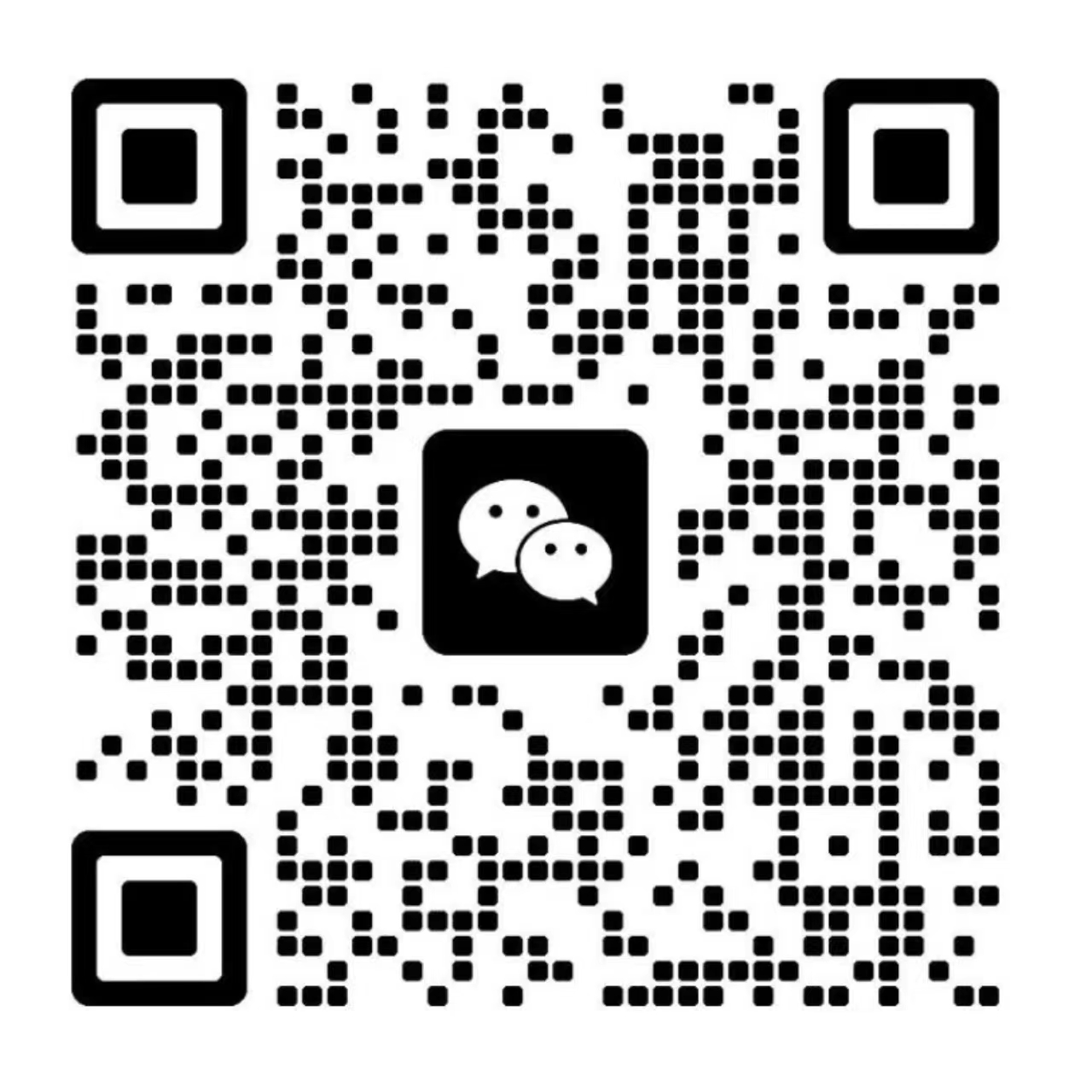Many international students learn about potential mentors through the website and hope that the mentor can become their advisor after enrollment. To help you establish polite and effective communication with your mentor, here are a few suggestions:
1. Use a formal email address
Use your university email or another formal email address when contacting the mentor. Make sure your email address looks professional to show that you take this communication seriously.
2. Keep the subject line concise and clear
In the subject line, clearly state the purpose of your email. For example: “Application for Academic Advisor: Professor XXX” or “Inquiry about Mentorship Opportunities”. A concise subject line helps the mentor quickly understand the content of your email.
3. Use formal greetings
At the beginning of the email, use formal greetings such as “Dear Professor XXX” or “Dear Dr. XXX”. Add a short salutation like “Hello” to show respect for the mentor.
4. Introduce yourself and state the purpose of your contact
In the body of the email, briefly introduce yourself, including your academic background, research interests, and why you would like the mentor to be your advisor. Mention what interests you about the mentor’s research or how your research aligns with theirs.
Example:
> Dear Professor XXX,
>
> My name is XXX, and I am about to enroll at Northeast Normal University to pursue a degree in XXX (your degree/program). I have learned about your research through the university website, and I find your work in the field of XXX very appealing. I would be honored to have the opportunity to study and conduct research under your supervision.
>
> If you have time, I would love to learn more about your research and discuss the possibility of working with you as your student. Thank you for considering my request, and I look forward to your response!
>
> Sincerely,
> XXX
5. Provide relevant background information
If you have a relevant academic background or research experience, briefly mention it. If necessary, attach a resume or academic work and mention it in the email. For example: “I have attached my CV for your reference.”
6. Attach documents: Research Plan, Degree Certificate, Transcripts, and  Conditional Acceptance Letter.doc
Conditional Acceptance Letter.doc
When contacting a mentor, providing relevant attachments can help demonstrate your academic background and research plan. This will help the mentor better understand you and decide whether to accept you as a student.
- Research Plan: If you have a specific research idea, include a complete research plan as an attachment. The research plan should be concise and cover topics such as research background, objectives, methodology, and how it aligns with the mentor's work.
- Degree Certificate: Provide a copy of your highest degree certificate (such as your diploma), so the mentor can understand your academic background.
- Transcripts: Attach your academic transcripts, especially highlighting your performance in relevant courses.
-Conditional Acceptance Letter: Prepare it in advance with your personal information filled in. If the mentor agrees to supervise you, they only need to sign and return the form.
You can mention these attachments in your email:
> I have attached my research plan, degree certificate, transcripts, and the Conditional Acceptance Letter for your reference. I look forward to hearing from you and appreciate your valuable time.
7. Polite closing
End the email politely by thanking the mentor for their time and consideration. Use phrases like “Thank you for your time and consideration” or “Looking forward to your reply”. Common closing remarks include “Sincerely” or “Best regards”.
8. Be patient while waiting for a response
Mentors are often busy, so do not expect an immediate response. If you do not hear back within one to two weeks, you may send a polite follow-up email. For example:
> Dear Professor XXX,
>
> I apologize for the follow-up, but I wanted to check if you had an opportunity to review my previous email sent on [Date]. I am still very interested in the possibility of working with you as your student, and I would appreciate any feedback.
>
> Thank you again for your time and consideration, and I look forward to hearing from you.
>
> Sincerely,
> XXX
By following these guidelines, you can establish polite and effective communication with your mentor, demonstrating your academic interest and professionalism, and laying a solid foundation for future collaboration.




